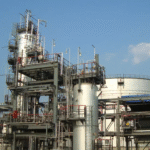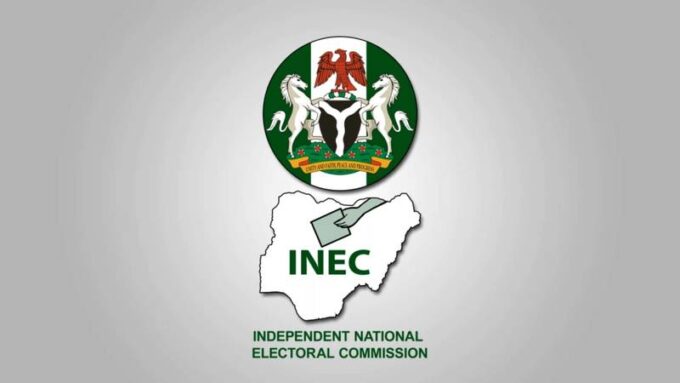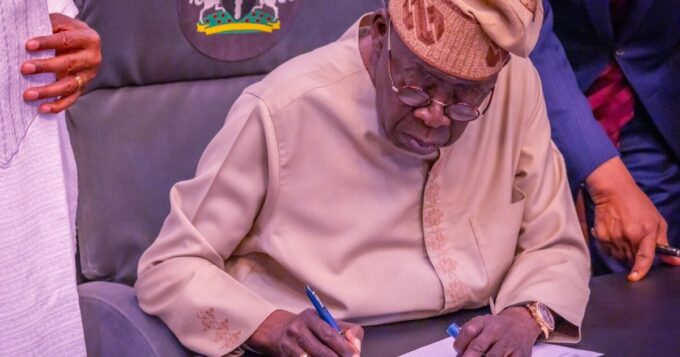From Isaac Anumihe, Abuja
African Development Bank (AfDB) has committed a total of $503 million to support the energy transition programme in Nigeria.
While $1.2 million grant is to support the feasibility study of Battery Energy Storage System (BESS), $500 million was disbursed to assist, the second phase of the bank’s $1 billion Economic Governance and Energy Transition Support Programme
Speaking at the inaugural workshop on BESS, today, in Abuja, the Director General of AfDB, Nigeria Country Department, Dr. Abdul Kamara, noted that the bank is a committed partner in the BESS journey.
“Through our $1 billion Economic Governance and Energy Transition Support Programme, we are helping Nigeria advance critical power sector reforms. Five Hundred million dollars has already been disbursed, with the second phase on track.
“In addition, under AfDB’s $1million grant Africa Energy Sector Technical Assistance Programme (AESTAP), the bank is supporting implementation of the Electricity Act, building state-level electricity markets, and strengthening governance” he stated.
According to Kamara who was represented by Chigozie Egerue, under the bank’s Africa Energy Transition Catalyst Programme, AfDB would implement the scheme through the Transmission Company of Nigeria (TC ). The project, he said, would assess grid integration, identify viable business and regulatory models to attract investment, and build the capacity needed for ownership and sustainability.
“Nigeria is also a key country under our flagship’s $20 billion Desert to Power Initiative, which aims to generate 10,000 megawatts of solar across the Sahel and provide power to 250 million people. This holds immense promise for Nigeria’s clean energy future.
And of course, we continue to invest directly in energy infrastructure: from the Two$200 million Nigeria Electrification Project (NEP) expanding mini-grids and off-grid access, to $250 million Nigeria Transmission Expansion Project (NTEP) reinforcing the national grid” Kamara, noted
In his remarks, the Minister of Power, Chief Adebayo Adelabu stated that although Nigeria’s power sector has undergone significant reforms, the nation still witnesses power intermittency, limited dispatchability of renewables, grid instability and underutilised energy generation.
“With the increasing penetration of solar and wind energy in our energy mix, we must now address the critical challenge of energy storage: storing electricity when generation exceeds demand and dispatching it when needed to maintain balance and reliability” he said.
Managing Director of Transition Company of Nigeria (TCN), Sule Ahmed Abdulaziz, noted the challenges TCN has been facing over the years, saying that the company is grappling with frequency fluctuations, peak load pressures and limitations in reactive power support.
“These technical constraints affect every layer of electricity value chain – from generation dispatch to the final delivery of power to homes and industries.
Battery Energy Storage System offers us a powerful means to address these persistent challenges” he said.


















Leave a comment